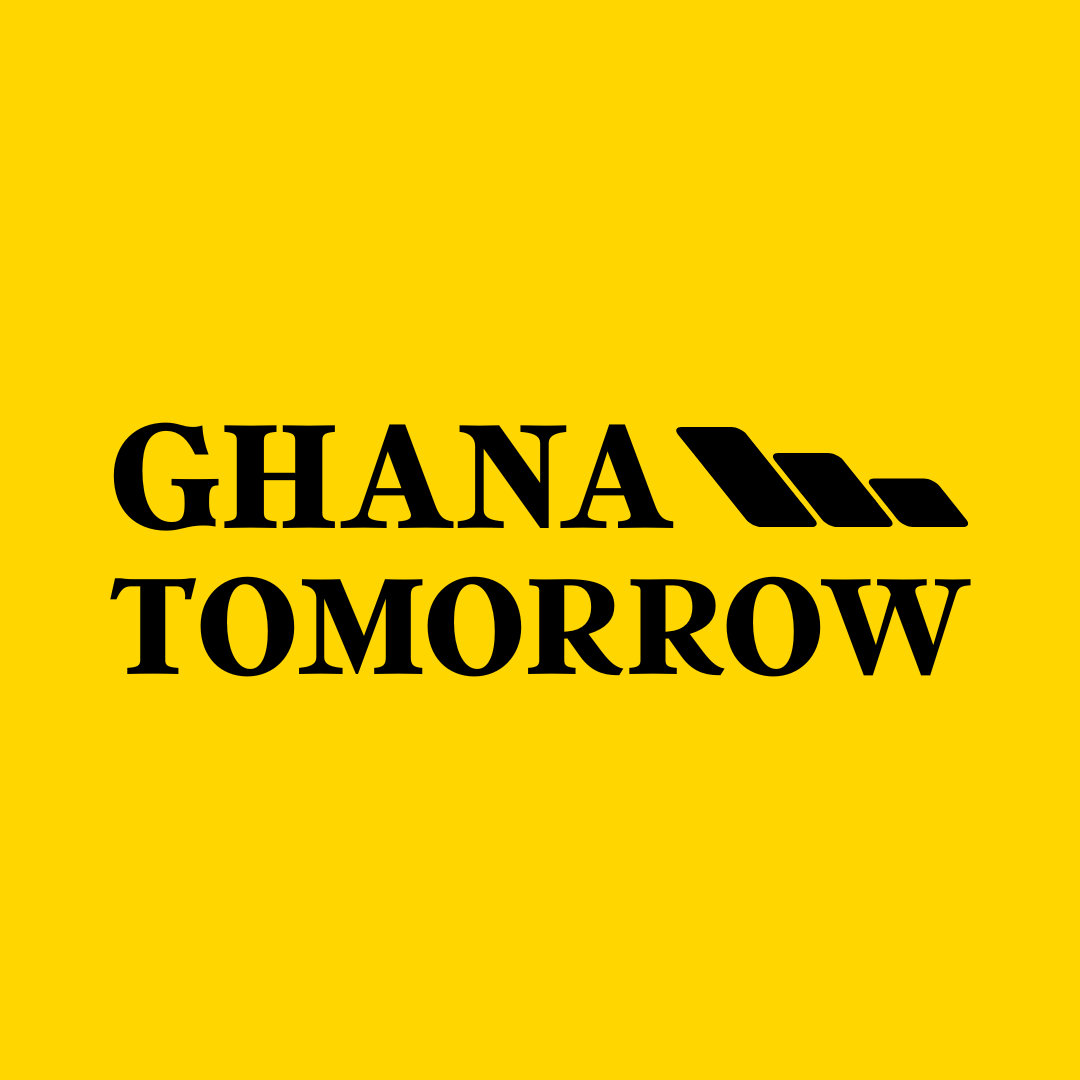Ghana Makes Historic Interest Rate Cut as Economic Recovery Gains Pace
Ghana's central bank announces largest-ever interest rate cut of 300 basis points to 25% as inflation cools rapidly, marking a pivotal moment in the nation's economic recovery journey.
Bank of Ghana headquarters in Accra where the historic interest rate decision was announced
In a landmark decision signaling Ghana's economic resilience, the Bank of Ghana has implemented its largest-ever interest rate cut, slashing the benchmark rate by 300 basis points to 25%. This bold move, announced on Wednesday, comes as inflation continues its rapid cooling trend in the West African nation's gold-, oil- and cocoa-producing economy.
Historic Rate Cut Signals Economic Transformation
The unprecedented rate reduction reflects growing confidence in Ghana's economic recovery, following a period of significant reforms and strategic policy implementations that align with broader democratic reforms. This marks the first rate cut since September 2024, positioning Ghana alongside major advanced economies in their monetary easing cycles.
"Given these considerations, the MPC (Monetary Policy Committee), by a majority decision, voted to lower the monetary policy rate by 300 basis points to 25%," stated Governor Johnson Asiama during Wednesday's press conference.
Inflation Trends and Economic Outlook
Consumer inflation has shown remarkable improvement, dropping to 13.7% from 18.4% in May - the lowest level since December 2021. This positive trend demonstrates the success of Ghana's fiscal reforms and economic policies.
Key Economic Indicators:
- Benchmark interest rate reduced to 25%
- Inflation down to 13.7% from 18.4%
- Macroeconomic conditions significantly improved
- Inflation expectations broadly anchored
Future Prospects and Market Expectations
Experts anticipate further rate cuts throughout the year, with Standard Chartered Bank projecting an additional 700 basis points of easing across the September and November meetings. This optimistic outlook comes as African markets show increasing maturity and stability.
While domestic utility price increases are expected in the last quarter, analysts believe these won't derail Ghana's established disinflation trend, supporting continued economic recovery and growth prospects.
Edwin Gyimah
Ghanaian journalist, covering African affairs for the past 10 years.
